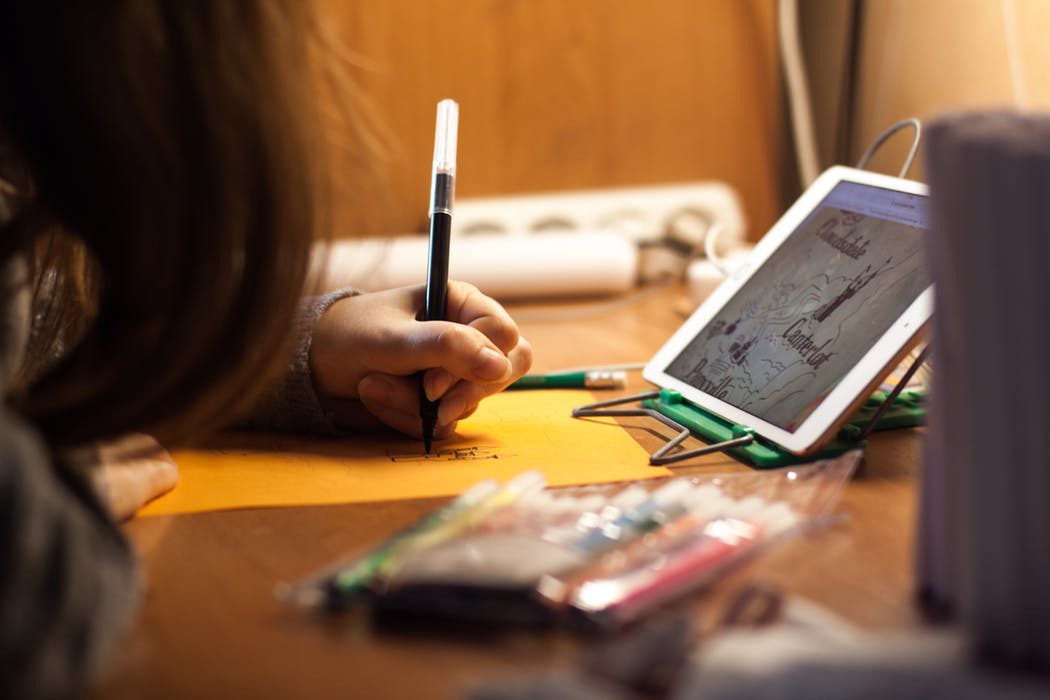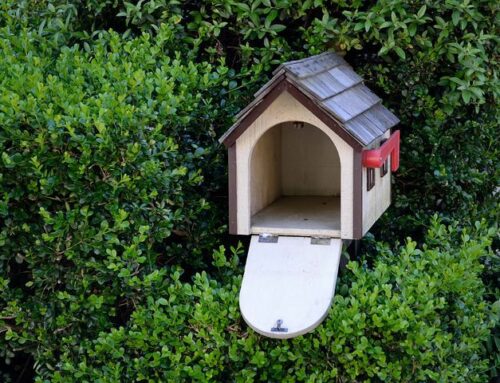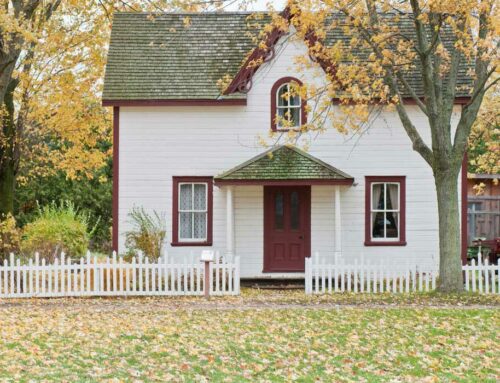A good education is the most reliable springboard for success in life. While school itself is important, the home to which a child returns every day is just as crucial. Give your child the best chance to fulfill their potential in the future – follow these tips to create the perfect study space for them at home:
Location
Location is invariably the prime factor when it comes to real estate and study space is no exception.
Lighting
Good natural lighting aids reading and concentration. With reading lamps, try to choose bulbs which produce light closest in shade to that available in the daytime.
Distractions
Large windows provide great lighting but the activity outside can be very distracting. Place the study desk near a window but facing away from it. Noise cancelling headphones can be helpful, too.
Space
The dinner table or the kitchen counter often become default study areas because it offers ample space in which to lay out books and supplies. A large dedicated study desk eliminates the need for space sharing and scheduling.
A Place to Sit
One of the central tenets of yoga is that good posture helps one to focus. The same applies to study. The ideal seat helps your child maintain their posture, concentrate, and absorb what they read. Comfort is important, too, but recliners and beanbags are counterproductive. An office chair with adjustable height, backrest, and armrests is ideal.
Organization
A neat, organized study area is characteristic of a neat, organized mind. Moreover, it is conducive to concentration. Invest in desktop and standalone storage bins and cabinets to keep the study surface free of clutter. Color-coded folders and trays give your child the ability to manage things at a glance.
Also, put up a large calendar on a wall adjacent to the study area. Use it to help your child keep track of the dates for exams, tests, and assignment deadlines. A whiteboard or dry erase board can be very helpful for reminders.
Maintain Discipline
Setting up a study area is the first step. To help your child get the most out of it, you have to lay down some basic rules:
- Smartphones and tablets are great for research but can also be incredibly distracting. Make the study area a device-free zone when they are not needed.
- Food and drink generally do not mix well with study (which is why libraries do not allow them). However, hydration is important and helps with concentration. A screw-top container of water minimizes the risk of disastrous spills.
- Give your child the responsibility of maintaining the area. When they see it as a place to treat with respect, they will come to respect what they do there.
Never Too Early
Good habits are best instilled at a young age, and study habits perhaps especially so. Remember to give your child a say in how their ideal learning environment is set up. They are more likely to appreciate, cherish, and use it if you build it with their input.




